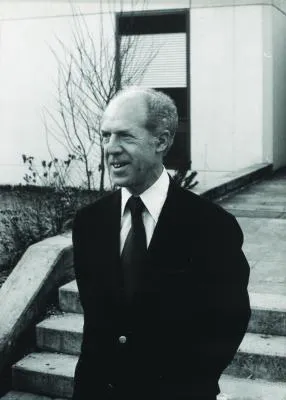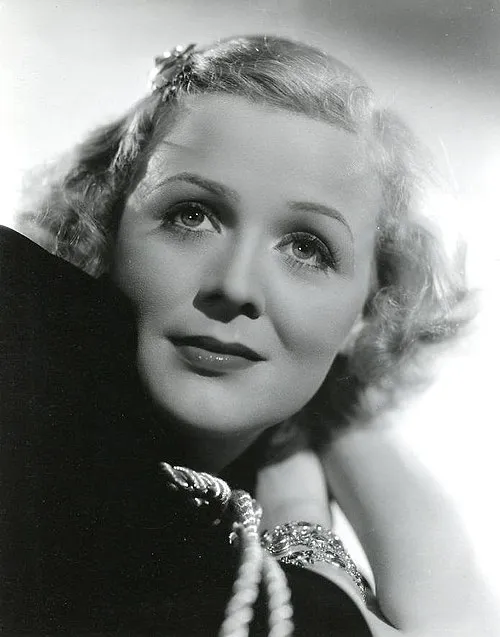
Name: Gérard Debreu
Birth Year: 1921
Nationality: French
Profession: Economist and Mathematician
Nobel Prize: Laureate
Death Year: 2004
1921 – Gérard Debreu, French economist and mathematician, Nobel Prize laureate (d. 2004)
In the bustling streets of Paris in the early 20th century, a child was born who would come to redefine economic theory and mathematical analysis Gérard Debreu. Born in 1921, he emerged not merely as an academic figure but as a beacon of innovation, pushing the boundaries of how we understand markets and their complexities. His life’s journey was intricately woven with the threads of intellectual curiosity and profound insight into the nature of economics.
From an early age, Debreu exhibited a remarkable aptitude for mathematics. Growing up amidst the backdrop of post-World War I France a time characterized by both turmoil and resilience he developed a fascination with numbers that would later blossom into groundbreaking theories. However, it wasn’t until his tenure at Paris's École Normale Supérieure that his genius truly began to shine. There, surrounded by some of France's brightest minds, he immersed himself in mathematical research while also grappling with philosophical questions about choice and behavior.
Despite this rich academic environment, Debreu faced numerous challenges; World War II loomed large over Europe. In 1940, he found himself in a precarious situation as Nazi forces occupied France. Ironically, rather than stifling his ambitions, these circumstances propelled him to seek refuge in America where he continued his studies at Columbia University before making significant contributions at Yale University.
His foray into American academia marked a transformative phase in his career. At Yale, he began to formalize ideas that would later culminate in one of his most notable achievements: the development of general equilibrium theory a framework that elegantly described how supply and demand interact across various markets simultaneously. Through rigorous proof and mathematical elegance, Debreu demonstrated how individual choices lead to market equilibrium; this work wasn’t merely theoretical it had practical implications for policy-making around resource allocation.
One might wonder about the impact this had on modern economics... Perhaps it was nothing short of revolutionary! His seminal work “Theory of Value,” published in 1959, offered insights akin to discovering new constellations in a long-studied sky where economists could now view markets through an intricate web rather than isolated parts.
In many ways, Debreu’s research aligned with growing sentiments within economics about rationality and efficiency; yet there remained critics who argued against the assumptions underpinning these models. Who knows what debates raged behind closed doors during those formative years? One could speculate that while some lauded his theories as monumental progress toward understanding market dynamics others viewed them through skeptical lenses arguing they oversimplified real-world complexities.
The pinnacle moment arrived when Gérard Debreu was awarded the Nobel Prize in Economic Sciences in 1983 a recognition reflecting decades spent delving deep into abstract concepts yet yielding findings with palpable effects on economic policy worldwide! This accolade cemented not only his legacy but highlighted France’s contribution to global economic thought during an era when mathematicians were becoming indispensable players on such grand stages!
Diving deeper into personal anecdotes reveals more about what motivated him throughout those years the simple love for problem-solving intertwined with an insatiable thirst for knowledge drove him relentlessly forward! Perhaps one might say it was like watching someone sculpting out marble from rough stone: painstakingly meticulous yet filled with profound grace!
The Interplay Between Theory And Practice
As decades progressed following his Nobel win... Gérard engaged actively not just within academic circles but also extended invitations toward practitioners eager to bridge theoretical frameworks directly into real-world applications his collaborations leading seminars where lively discussions flourished around market strategies stemming from foundational models established earlier!
A Legacy Beyond Borders
This spirit still resonates today! The foundational concepts pioneered by Debreu serve as cornerstones within contemporary economic education across universities globally merely mentioning terms like ‘Pareto efficiency’ or ‘Walrasian equilibrium’ conjures images deeply rooted within every aspiring economist’s study material regardless if they hail from Brazil or Botswana!
The Irony Of Influence
"On one hand,"
"his principles advocate perfect competition among rational agents while being utterly detached from social nuances often present when humans partake economically." - many criticize this paradox even today!"
This tension invites discussion among current scholars eager examining behavioral insights adding layers previously absent tackling issues such income inequality linked through contrasting lens viewed between pure mathematics versus visceral human experiences encountered daily...
The Death Of A Visionary
Sadly though time does not remain stagnant; Gérard passed away quietly leaving behind legacies far exceeding numerical computations alone! He departed us on December 31st of 2004 but intriguingly enough as we recall these milestones... news clips surfaced revealing financial analysts using tools based upon precisely what he crafted earlier debating strategies addressing volatile markets post-2008 crash effectively translating complex data into understandable narratives intended for everyday people grappling alongside turbulent economies emerging anew...
A Reflection On Today’s Landscape
Today marks reminders traversing centuries since birthed conceptions resting comfortably atop ivory towers necessitating fresh perspectives regarding interpretations surrounding efficiency unearthing discussions encompassing climate change where social responsibility weighs heavier than mere numbers! Interestingly enough whether contemplating neoliberalism guiding policies focusing solely output maximization versus contrasting models advocating sustainable futures where equity matters more! Each debate flowing back towards those precise frameworks originally conceived by minds like Gérard sets intriguing stage paving paths moving forth!”







